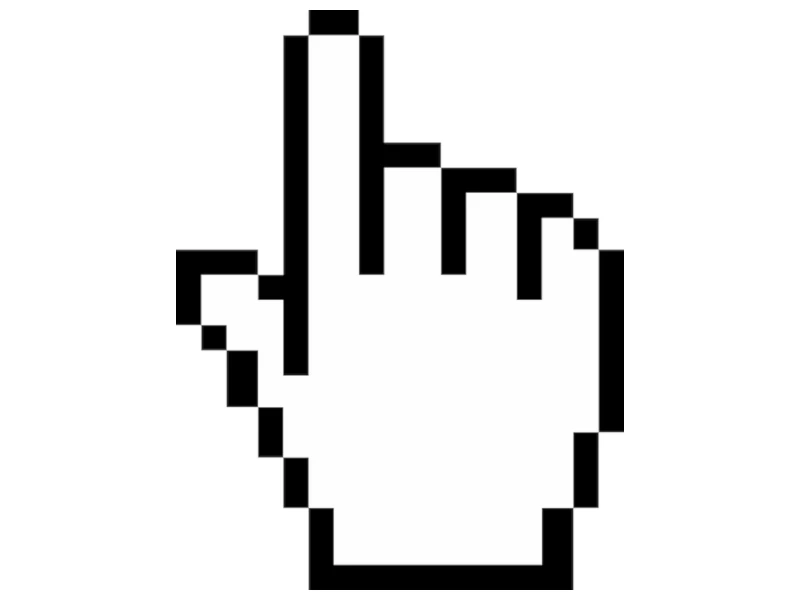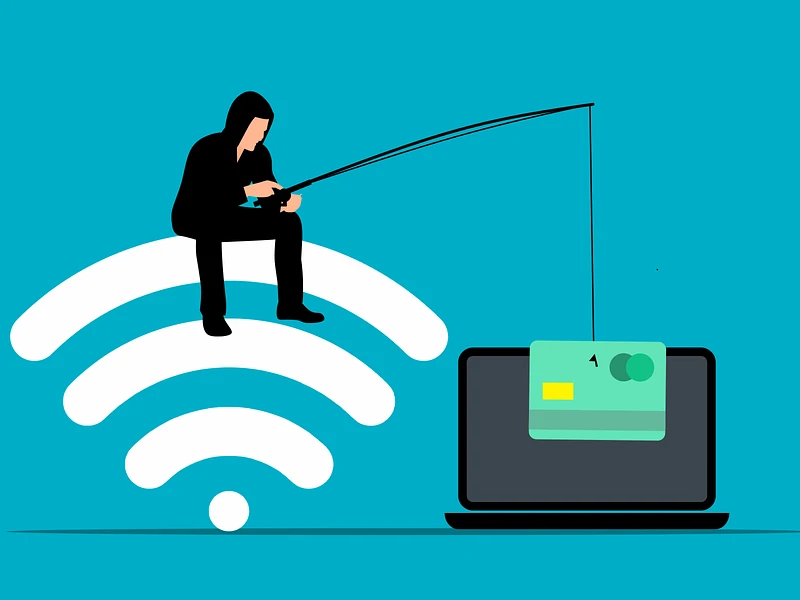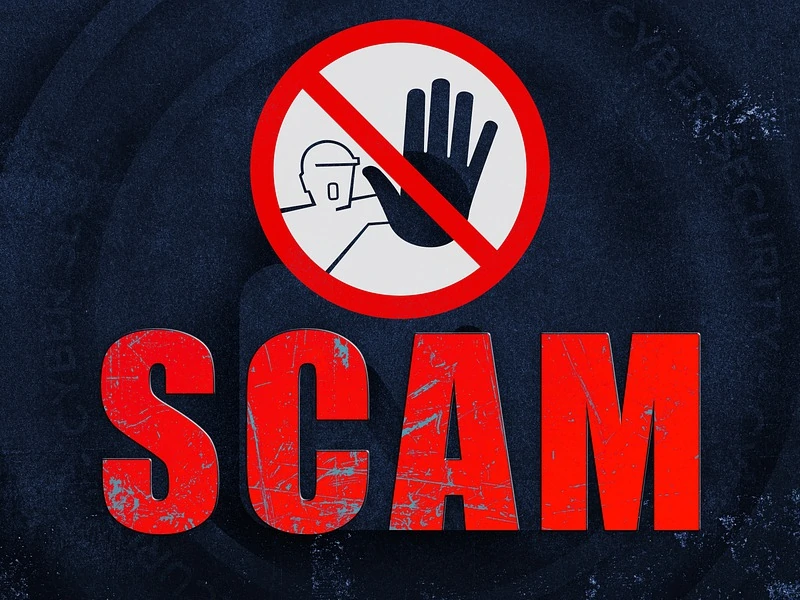Cash App Emails: Identify SCAMS and Protect Yourself (2022)
Phishing is the practice of sending false emails in order to fool you into disclosing your financial, personal, or other account-related information.
Scammers send these fake Cash App emails pretending they’re from customer service in order to get access to your login information and steal your money.
Scams can be identified when the sender’s address has an array of characters, numbers, or an unfamiliar domain (the section that comes after the “@”).
This article will explain how you can become better acquainted with these harmful Cash App phishing scams.
What Exactly is a Cash App Scams Email?

Frequent phishing scams send an email appearing to be from Cash App.
Fraudsters forge a “friendly name” saying it’s from “Cash App Services,” but is actually from a fraudulent account (such as “[email protected]”).
Some email applications make it difficult to view the sender’s true email address or name.
However, if you hover and click on “Reply,” the sender’s entire email address will be shown as the true, fraudulent account.
Not all of the sender’s identities and emails look suspicious.
Sophisticated scammers can forge their complete identity and email to seem like a real sender, such as Cash App, with authentic-looking emails and photographs.
Scammers tend to design and send email messages to consumers in order to appear as genuine as possible.
Even Cash App’s color scheme and fonts have been copied so that the emails appear to be authentic.
The emails may state that the recipient’s Cash App accounts would be debited if users do not first click on a link connected to the email message.
When recipients click, they are sent to a website that requests their credit card number as well as other sensitive personal and financial information.
How Does the Cash App Email Scam Work?
Scammers usually seek to gain your Cash App account information by sending fake emails and attempting to access your personal information via various techniques.
One method is to fund vulnerable users’ “Fear of Missing Out” in order to compel the victim or put pressure on them to agree with the demands.
For example, they may tell you that you won a financial award in return for paying a fee to handle the win, such as a Cash App clearance Fee.
You should be aware that there is no such thing as the Cash App Clearance charge.
This form of panic-clicking and playing with feelings and emotions are only a few of the many additional methods scammers use to try to convince people to agree and follow the scam.
Do Not Click on Links that Request Sensitive Information

If you receive an email that looks like it is from Cash App with a hyperlink inviting you to click on it, you must be aware of who exactly the email is from before clicking on it.
This link may take you to a screen where you must enter your bank information, debit and credit card numbers, check capture, Social Security Number (SSN), and other information, as well as login credentials.
The major goal of these emails is to collect your personal information and then drain your account of all funds.
Common Types of Cash App Email Scams
If someone promises you anything that seems too good to be true (for example, a “hack” or free money in exchange for you handing them money first), it is almost probably a scam.
Be careful of anyone who promises you anything.
Scammers, for the most part, offer you something, take your money, and then never deliver on their promise.
To assist you in avoiding typical scams, below is a list of them.
Read our related article, Free Cash App Money Legit 2022. We talk about common free money scams and how you can earn money legitimately with Cash App!
Cash App Flip Scams
Scammers will offer a Cash App money flip, promising to increase it provided you pay them money first.
This is frequently referred to as a “clearing fee” or “account verification”.
These con artists will receive your money but never send you anything in exchange.
Read our related article, Cash App flip scam, for a list of common flip scams to avoid.
Payout Scams
Scammers will sometimes persuade you to give money to them in order to “claim” a payout that you deserve. These payment-claim attempts are invariably fake.
Never transfer money to another individual with the expectation of receiving a higher amount in return.
As with Cash Flipping, if someone promises free money in exchange for sending them money, it’s a fraud.
Cash App will never ask a consumer for money for any reason. It’s not possible to “claim” a payment by paying money to Cash App.
Puppy or Pet Scams
Scammers may pretend to have an impending litter of puppies or kittens and would ask for a deposit to reserve one of the pups or kittens.
They requently post phony images, refuse to interact over the phone, and claim to sell purebred, highly sought-after animals for a very low price.
Because Cash App cannot guarantee a return if you don’t receive what you pay for, it’s best to send money through Cash App after seeing the buyer and pet in person.
Product or Service Scams
Scammers frequently claim a product or service without ever giving proof that it exists.
This includes promising to locate a cheap apartment or providing you an apartment at a far lower price than usual.
They will more than likely demand you to submit them a deposit beforehand (e.g., before touring the prospective rental).
Never pay money to someone you don’t know who promises to give something to you later, such as an apartment rental.
It’s probably a scam if you can’t verify who someone is or the veracity of what they’re selling.
Watch this short video on popular Cash App scams and how they work:
How Can You Spot a Cash App Phishing Scam?

The methods listed below can help you identify and expose a scam.
A Valid Email Address
A genuine email from Cash App is always issued from its official website, www.cash.app.
Double-check the sender’s email address when you click on its address field.
Greetings in General
Fake Cash App emails are likely to use strange, generic, impersonal welcomes such as “Dear Customer.”
A professional Cash App email addresses you with your first and last name or company name.
An Urgency
The goal of displaying a sense of urgency here is to persuade the user to act swiftly without reasoning, dismiss any warning signs, and handle any account problems as soon as possible.
Requests That Users Click On Attachments or Links
Be careful if an email that appears suspicious demands you to click a link or download an attachment.
Cash App does not send emails with attachments or links to download.
Incorrect Spelling and Grammar
Spelling and grammatical errors are other important indicators to determine if an email is authentic or not.
Copywriters will proofread each document that Cash App sends out.
How to Protect Yourself from Cash App Scams

- Check the sender’s phone number/email address again.
- Always respond to communications from people with verified accounts. Never react to uncategorized questions.
- Free gifts are always a big red flag. Don’t trust giveaway programs promoted by unverified social media profiles!
- Contact Cash App directly for assistance and support via the app or the company’s official website.
- NEVER click links or attachments from unknown sources.
- Avoid using public wifi to do financial transactions.
As a Cash App user, it is important to be wary of scammers that use phishing methods such as cash flipping to steal money or data from you.
FAQ
How Can You Defend Yourself From Cash App Text Scams?
Similar to emails, you may avoid Cash App Text Scams by ignoring any text claiming to be from customer support and requesting your account details.
The content generally includes a link and instructs the user to click on it.
You should be wary of a text pledge to double, triple, or more your money, as this sort of communication might be phishing.
What Should You Do if You’ve Been Scammed by a Cash App Scam?
You should immediately update your Cash App PIN and notify Cash App support via 855-351-2274 of the event.
Unfortunately, because they don’t have live phone assistance and other modes of contact, results may be delayed and might take days to play out.
Therefore, this can be a lengthy process.
